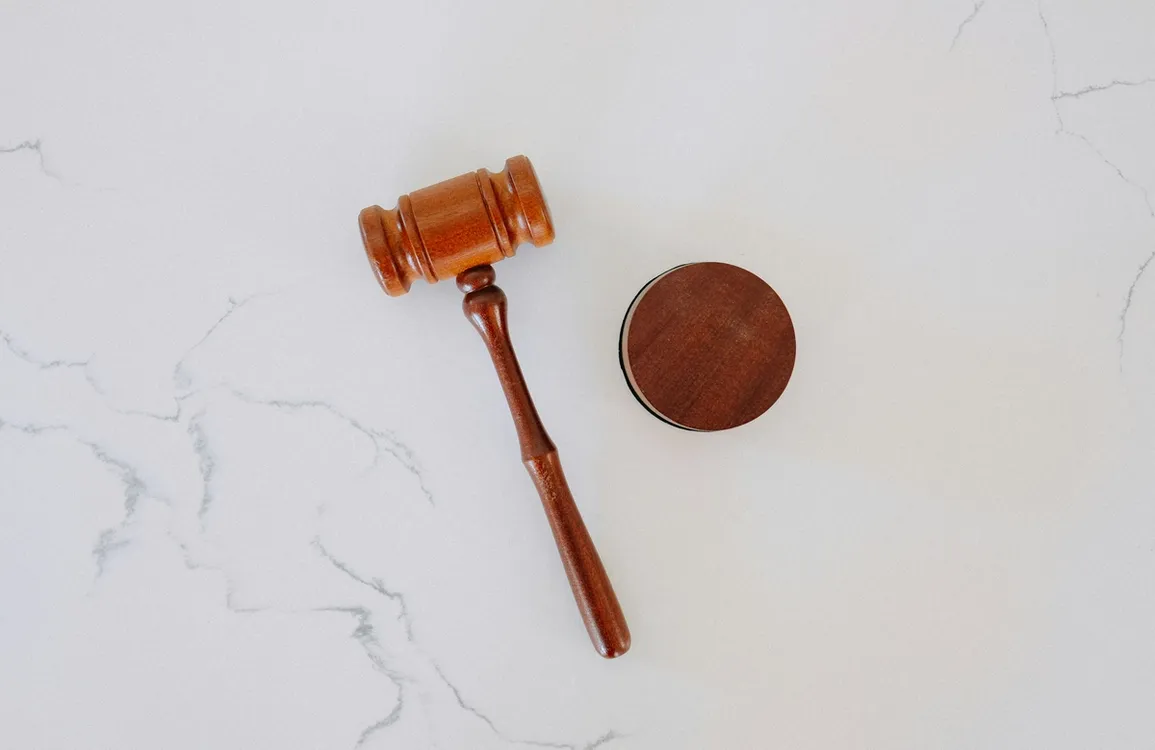What Is a CCJ?

A County Court Judgment (CCJ) can be a stressful experience, particularly when you’re already struggling with debt. If you’ve received a CCJ, you’re likely wondering what it means for your finances and what you can do next. While a CCJ can have an impact on your credit, it’s important to know that you don’t have to face this situation alone.
This blog will explain what a CCJ is, how it can affect you, and how you can take steps to deal with it. We’ll also touch on the different options available, including how debt solutions like an IVA (Individual Voluntary Arrangement) may help you regain control of your finances.
What Is a CCJ?
A County Court Judgment (CCJ) is a legal decision made by a county court when you owe money and haven’t paid it. If you’ve received a CCJ, it usually means the creditor has taken you to court because of unpaid debts such as credit cards, loans, or utility bills.
Once a CCJ is issued, it remains on your credit file for six years, which can make it harder to get new credit or loans, or even rent a property.
Additionally, if you don’t make the payments or fail to respond to the judgment, creditors can take further action, including sending bailiffs to recover the debt.
How Can a CCJ Impact You?
A CCJ can have several consequences, including:
- Damaged Credit: This will affect your credit score and make it more difficult to secure loans, credit cards, or even mortgages.
- Enforcement Action: If you don’t make payments, creditors can apply for enforcement action, such as sending bailiffs or even having your wages affected.
- Higher Costs: Unpaid CCJs can lead to further charges, increasing the amount you owe.
However, it’s important to remember that a CCJ doesn’t have to be the end of the road. There are ways to deal with it and reduce the impact on your future.
How to Deal with a CCJ
If you’ve received a CCJ, it’s essential to take action as soon as possible to avoid the situation escalating. Here are the first steps to consider:
- Pay the Debt: If you can afford to pay the full amount, you can clear the CCJ by paying the debt in full. Once paid, the CCJ can be marked as “satisfied” on your credit file, which is better than leaving it unpaid.
- Negotiate a Payment Plan: If you can’t pay in full, contact the creditor to negotiate a payment plan. They may be willing to agree to smaller, more manageable payments.
- Seek Legal Help: If you’re unsure what to do, it’s a good idea to speak with a debt advisor or solicitor who can guide you through your options.
How an IVA Can Help
While there are many options for dealing with a CCJ, some people find that a Debt Solution like an IVA can provide the protection and support they need. An IVA is a legally binding agreement between you and your creditors to pay off your debt over a fixed period—usually 5 years. Here’s how it could help if you have a CCJ:
- Protection from Further Action: Once an IVA is in place, you’re protected from further enforcement actions, such as bailiff visits. This can give you peace of mind and stop the pressure from creditors.
- Affordable Payments: An IVA allows you to make affordable monthly payments based on your income and expenditure. If you’re struggling with a CCJ, an IVA could make it easier to manage and reduce your debt in a manageable way.
- Write-Off Debt: In most cases, an IVA can result in part of your debt being written off. This means you may only need to repay a portion of your CCJ debt, which can provide significant relief.
What Should You Do Next?
Dealing with a CCJ can feel overwhelming, but it’s important to know that there are options available to help you get back on track. Whether it’s negotiating directly with creditors, seeking professional advice, or considering a debt solution like an IVA, taking the first step can make a huge difference.
If you’re feeling unsure about the best course of action, our friendly advisors are here to help. We understand the stress that comes with dealing with a CCJ, and we can guide you through your options to help you find the best solution for your unique situation.
Get in touch with us today to discuss how we can help you take control of your debt and begin your journey to becoming debt-free.

